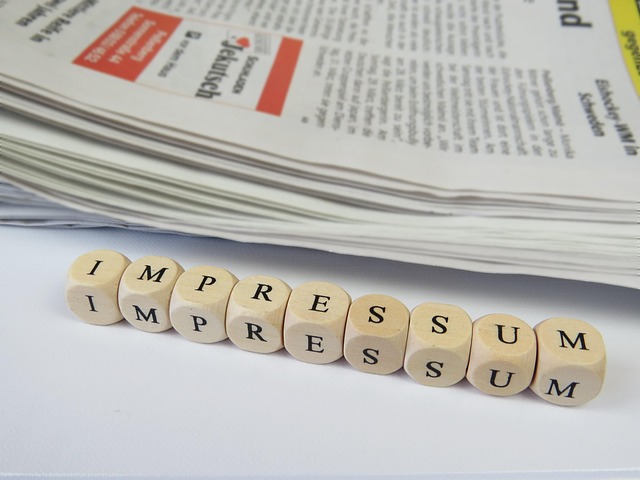Pedestrian wrongful death cases are legal battles where families seek justice and compensation after a loved one's sudden, tragic loss due to another party's negligence or intentional act, often in motor vehicle accidents. These cases involve navigating complex legal processes, presenting evidence, and demonstrating liability to secure financial relief and justice. Resolutions include out-of-court settlements for swift, confidential outcomes, or jury verdicts after a public trial. Key factors in determining compensation include family financial burden, injury severity, accident circumstances, and elder law considerations. Each case requires a nuanced approach to ensure just compensation.
In the complex landscape of personal injury law, understanding pedestrian wrongful death cases is paramount. These lawsuits, stemming from fatal accidents involving pedestrians, often result in significant settlements or jury verdicts that can profoundly impact survivors and families left behind. This article delves into the intricacies of these cases, dissecting the differences between settlements and jury decisions while exploring factors influencing compensation. By gaining insights into pedestrian wrongful death claims, readers can better navigate this challenging yet crucial aspect of legal proceedings.
- Understanding Pedestrian Wrongful Death Cases
- The Difference Between Settlements and Jury Verdicts
- Factors Influencing Compensation in Pedestrian Deaths
Understanding Pedestrian Wrongful Death Cases

Pedestrian wrongful death cases are legal battles centered around the loss of a pedestrian’s life due to another party’s negligence or intentional act. These cases often arise from motor vehicle accidents, where a driver’s distraction, recklessness, or failure to yield right-of-way results in a fatal outcome for the pedestrian. Understanding these cases requires recognizing the unique challenges faced by families seeking justice and compensation for their loved ones’ sudden and tragic deaths.
In such cases, survivors, typically close relatives, must navigate complex legal processes to assert their rights. They do this by presenting evidence demonstrating the defendant’s liability, including eyewitness statements, forensic reports, and expert testimony. The goal is to secure a settlement or jury verdict that not only provides financial relief but also serves as a measure of justice. Unlike mundane disputes like real estate transactions or employment contracts or even partnership disagreements, pedestrian wrongful death cases carry an emotional weight that necessitates sensitive handling and legal strategies tailored to the specific circumstances.
The Difference Between Settlements and Jury Verdicts

In the context of a pedestrian wrongful death, the outcome of a case can be resolved in two distinct ways: through settlements or jury verdicts. A settlement is when the defendant, often the driver or entity responsible for the incident, agrees to pay damages to the victim’s family outside of court. This is usually reached after negotiations between both parties and their respective legal representations. On the other hand, a jury verdict is the decision made by a group of citizens selected to decide the case, following a trial where evidence is presented and arguments are heard.
Settlements often provide a quicker resolution to pedestrian wrongful death cases compared to lengthy jury trials. They also allow for more privacy as terms can be kept confidential. In contrast, jury verdicts offer a public determination of liability and damages, which can serve as a form of accountability, especially when the case involves caregiver negligence or other egregious conduct. The choice between these two paths depends on various factors, including the specific circumstances of the wrongful death, the strength of evidence, and the preferences of the victim’s family, guided by their legal representation.
Factors Influencing Compensation in Pedestrian Deaths

When determining compensation in pedestrian wrongful death cases, several factors come into play. The financial burden on the victim’s family is a primary consideration. This includes not just immediate expenses like medical costs and funeral arrangements but also long-term financial needs, such as lost earnings and future care requirements, especially if there are dependent children or elderly relatives. The severity of the pedestrian’s injuries also significantly influences the settlement amount; more severe cases often result in higher damages.
Additionally, the circumstances surrounding the accident are crucial. Negligence levels, liability disputes, and the presence of any contributing factors—such as distracted driving, speed, or even medical malpractice—can drastically alter the potential outcome. Elder law considerations may also come into play if the victim was elderly, as their needs and dependencies might differ from those of younger individuals. These multifaceted elements ensure that every pedestrian wrongful death case is unique, requiring a nuanced approach to arrive at just compensation for the affected families.
In the complex landscape of pedestrian wrongful death cases, understanding the distinction between settlements and jury verdicts is key. While both aim to provide justice, settlements offer a quicker resolution through negotiation, potentially saving time and legal costs. Jury verdicts, on the other hand, involve a thorough examination of the facts by impartial jurors, ensuring a public determination of liability. The compensation amounts in these cases are influenced by various factors, including the severity of the injury, loss of quality of life, medical expenses, and pain and suffering. By delving into these aspects, individuals and families affected by pedestrian wrongful deaths can navigate the legal process more effectively, ultimately seeking fair and just settlements or verdicts.






